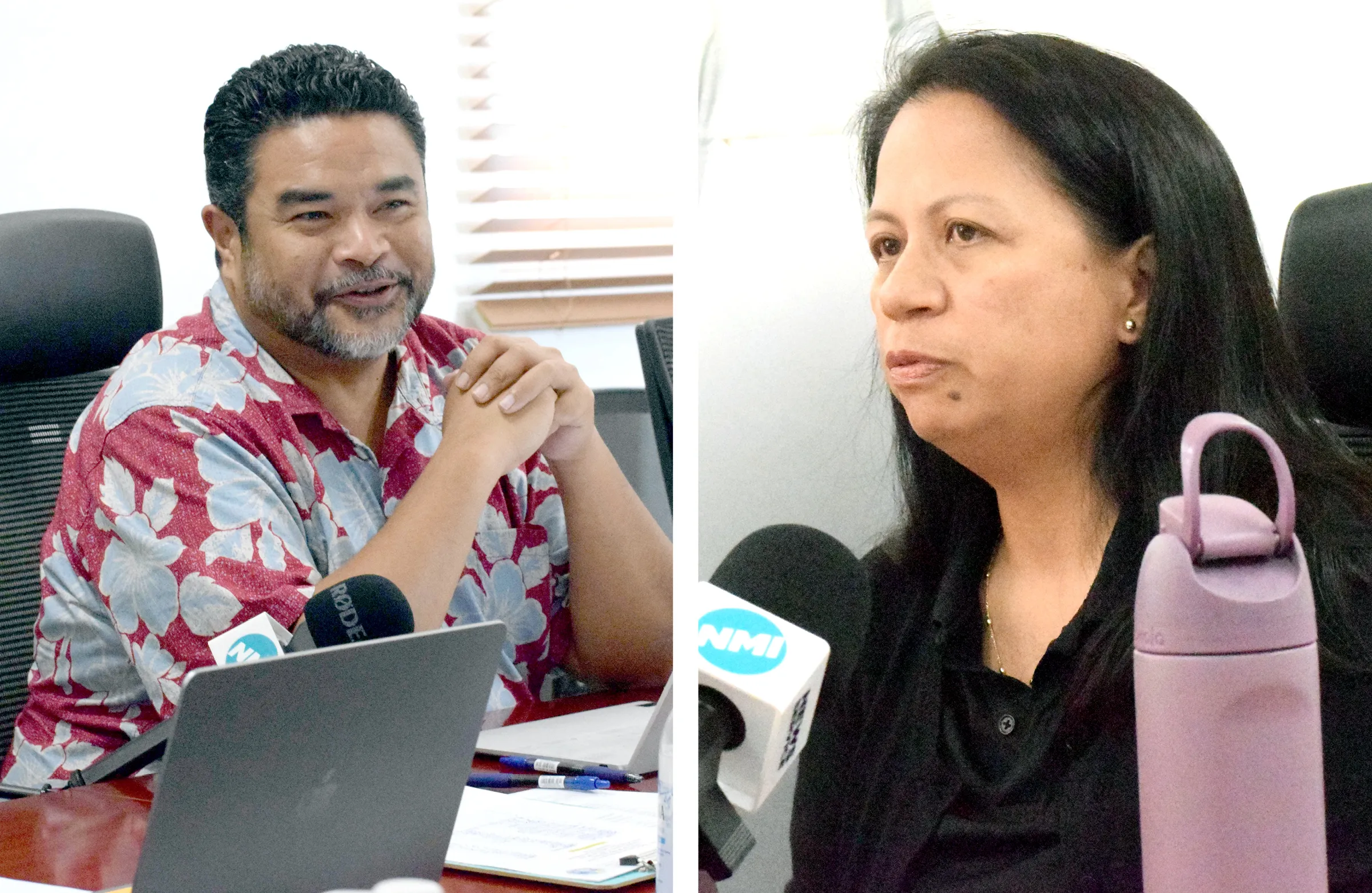
The U.S. Post Office on May 7, 2025 in Hagåtña, Guam.
Photo by David Castro/The Guam Daily Post
HAGÅTÑA (The Guam Daily Post) — If you mailed out a package to the states after Aug. 29, chances are it’s on hold as the U.S. Postal Service and U.S. Customs and Border Protection sort out an executive order by President Donald Trump that’s now in effect.
Guam Delegate James Moylan is monitoring the implementation of E.O. 14324, which suspends the duty-free de minimis exemption — the rule that allows packages under $800 to enter the U.S. without duties or extra customs paperwork, according to a news release.
Moylan’s office has confirmed that certain outgoing packages containing goods remain on hold while USPS and CBP finalize compliance procedures.
On Tuesday, his office confirmed that all mail, including inbound packages, will continue to arrive on Guam from the states, and letters and flat mail without goods are still being sent out from Guam to the states, Moylan said.
“Our office is tracking this issue closely and in regular contact with USPS and federal partners,” Moylan said. “Mail services remain stable, and most day-to-day delivery continues as usual. We are making sure Guam’s needs are fully considered as agencies work through this process.”
The White House issued a lengthy statement July 30 that explained the president’s decision to suspend the exemption on most packages was to combat the illegal shipments of fentanyl and other illicit drugs that have created a national drug crisis.
CBP issued a statement Saturday that it has begun enforcing “President Donald Trump’s executive order ending the de minimis loophole. This decisive action shuts down a pathway long exploited by criminals to move fentanyl, counterfeit goods and unvetted imports into the United States without duties.”
“For too long, this loophole handed criminal networks a free pass to flood America with fentanyl, fake goods, and illegal shipments. Those days are over. We are securing the border, restoring fairness to trade, and protecting American families,” said Rodney Scott, commissioner of U.S. Customs and Border Protection.
But lifting the exemption also has the effect of raising tariffs on packages of up to 50%, or flat fees between $80 and $200, according to analysis by the nonprofit Brookings Institution.
A Brookings report explained that in 2015 Congress raised the threshold for duty-free, de minimis, or low-value imports from $1 or less to $800, “which established a conduit for direct-to-consumer sales.” It helped spark the rise of global e-commerce, as U.S. import volumes surged from fewer than 125 million entries in 2014 to more than 1.3 billion in 2024.
Brookings also noted that widespread uncertainty over the changes, announced just a month ago on July 30, has triggered significant reactions from international postal services, which have suspended or restricted U.S.-bound parcel services.
A number of e-commerce platforms, logistics providers and businesses have temporarily halted U.S. sales or warned sellers of potential disruptions, again citing the complexity and cost of compliance under the revised framework, according to Brookings.
Consumers are now expected to see price increases in products ordered from overseas, especially from China.
CBP announced that all postal shipments will be subject to International Emergency Economic Powers Act tariffs.
For the next six months a flat duty ranging from $80 per item to $200 per item will be imposed, depending on the effective IEEPA tariff rate applicable to the country of origin of the product.
After that, the ad valorem method, or value added tax, which is a duty equal to the effective IEEPA tariff for the country of origin of the product, based on the value of the product, will go into effect beginning on Feb. 28, 2026, according to the CBP website.
The Guam Daily Post reached out to the USPS regional spokesman but did not receive a response as of press time.









